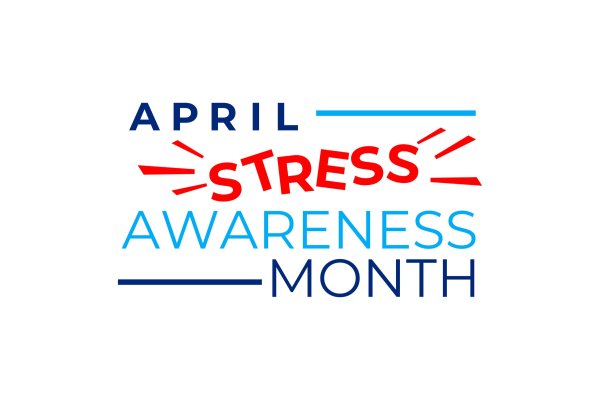April 2, 2024
The Community Health Corner
Submitted by Stephanie Gutierrez

The National Extension Framework for Health Equity and Well-being recommends using community development strategies and health literacy programs to ensure that everyone has a fair and just opportunity to be as healthy as possible. The following resources help us improve well-being for all, and achieve Healthy Kansas 2030 and Healthy People 2030 objectives.
Addressing the Obesity Epidemic: Health Affairs recently published the article Addressing The Obesity Epidemic Will Require Prevention And Treatment Working Together, which examines how both prevention and treatment approaches can support optimal health. Population-based prevention efforts as those described above create policies, systems, and environments that support healthful behaviors and environments for families. Additionally, is important to remain committed to upstream prevention, early intervention, and treatment when indicated now and into the future.
National Stress Awareness Month: April is recognized as National Stress Awareness Month to bring attention to the negative impact of stress. Managing stress is an essential component of a healthy lifestyle. Knowing how to manage stress can improve mental and physical well-being as well as minimize exacerbation of health-related issues. Click here to learn more.
Tick Bite Prevention: As the warmer months approach, so does the peak of tick season, bringing with it the potential risks of tick-borne illnesses. With ticks becoming increasingly prevalent in many regions, it's essential to be proactive in preparing for their presence. From outdoor enthusiasts to families enjoying backyard activities, everyone can benefit from understanding and implementing strategies to minimize tick encounters and reduce the risk of tick-borne diseases. Learn how to prevent tick bites and which ticks are most prevalent in your area here.
For more information, contact Elaine Johannes, ejohanne@ksu.edu; and Stephanie Gutierrez, smgutier@k-state.edu